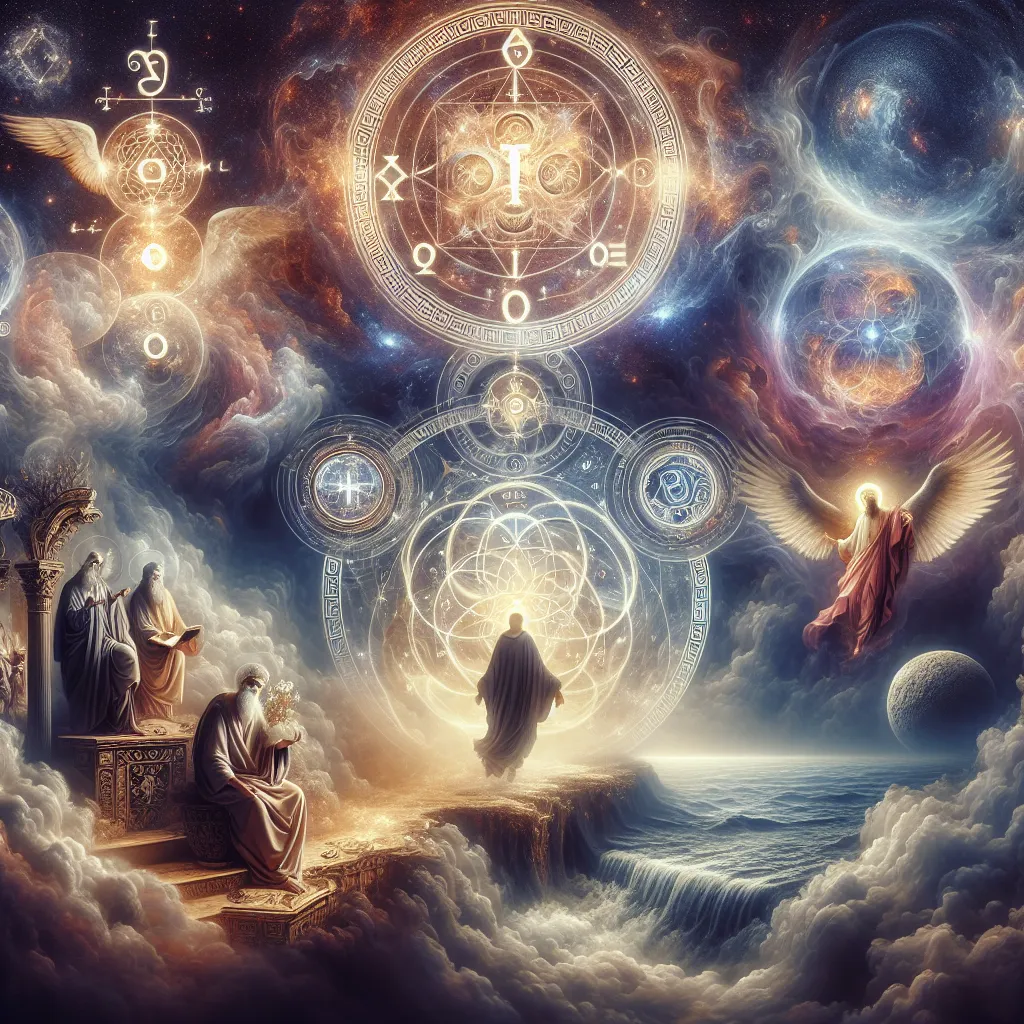Neoplatonism is a complex philosophical system that has deeply influenced many religious and philosophical traditions throughout history. Yet, one crucial area often overlooked is its impact on Christianity, which is the world’s largest religion. Modern scholars acknowledge Neoplatonism’s profound influence on early Christian theology and some of its core tenets.
Even the Gospels show hints of this connection. Take, for example, the beginning of the Gospel of John, which states: “In the beginning was the Word, and the Word was with God, and the Word was God.” The term “Word” (logos in Greek) brings Greek philosophical thought directly into Christian texts, signifying how early Christianity engaged with Hellenic ideas.
After Jesus’ death, Christianity did not evolve overnight. It took centuries of debate and development to form what we now consider mainstream Christian beliefs. Throughout these years, Christian thinkers were in dialogue with contemporary philosophical schools, including Neoplatonism.
Neoplatonism, tracing its roots to Plato, was developed further by philosophers like Plotinus, who lived in the 3rd century AD. It conceptualizes existence in hierarchical layers, starting from the “One,” an indescribable and hidden principle, flowing into intellect (Nous) and soul, eventually creating our physical universe. The ultimate goal is to return to the One, achieving mystical unity.
This philosophical framework influenced various early Christian scholars. Origin of Alexandria is one notable figure who, despite later being condemned by orthodox Christianity, played a pivotal role in introducing Platonist ideas into Christian theology. He proposed concepts like the pre-existence of souls and a parallel between the fall of Adam and Eve and a descent from a higher intellectual plane.
Christian mysticism and the doctrine of the Trinity owe much to Neoplatonic thought. The concept of apophatic (negative) theology, where God’s essence is unknowable and beyond human comprehension, echoes in the works of the Cappadocian Fathers, such as Gregory of Nyssa. They contended that God is an infinite darkness beyond human understanding, a view closely aligned with Neoplatonism.
Pseudo-Dionysius, an intriguing figure who wrote around the 6th century AD, took these ideas even further. His works, such as “The Divine Names” and “The Mystical Theology,” are masterpieces of apophatic theology and mysticism, heavily influenced by the Neoplatonic philosopher Proclus. He described God as a divine darkness beyond all knowing, bringing forth the idea that the ultimate spiritual journey is one of unknowing.
Although mysticism and Platonist concepts became less prominent in Western Christianity during the Middle Ages, they remained significant in the Eastern Orthodox Church and saw a revival during the Renaissance.
Throughout Christian history, many foundational theological discussions were shaped using Neoplatonic concepts. The doctrine of the Trinity, for instance, employs terms like “hypostasis” to describe the three persons of the Godhead, a term also used by Plotinus to describe levels of reality.
In summary, Neoplatonism has played a critical role in shaping Christian theology, from the very structure of its doctrines to its mystical practices. The profound and often overlooked impact of Neoplatonism on Christianity demonstrates its enduring influence on Western religious and philosophical thought.






